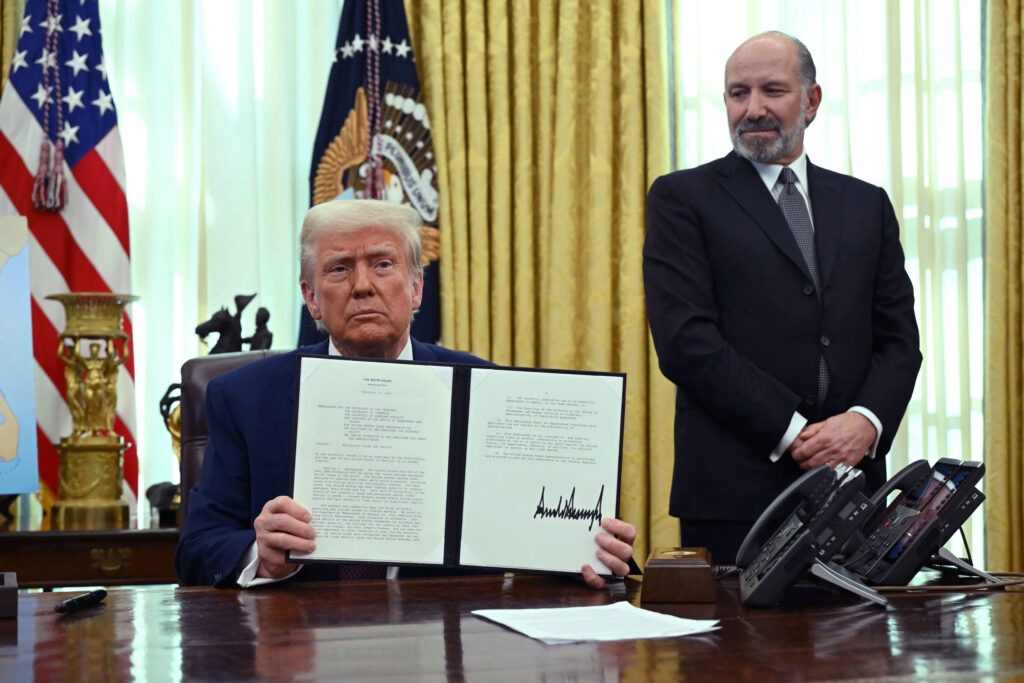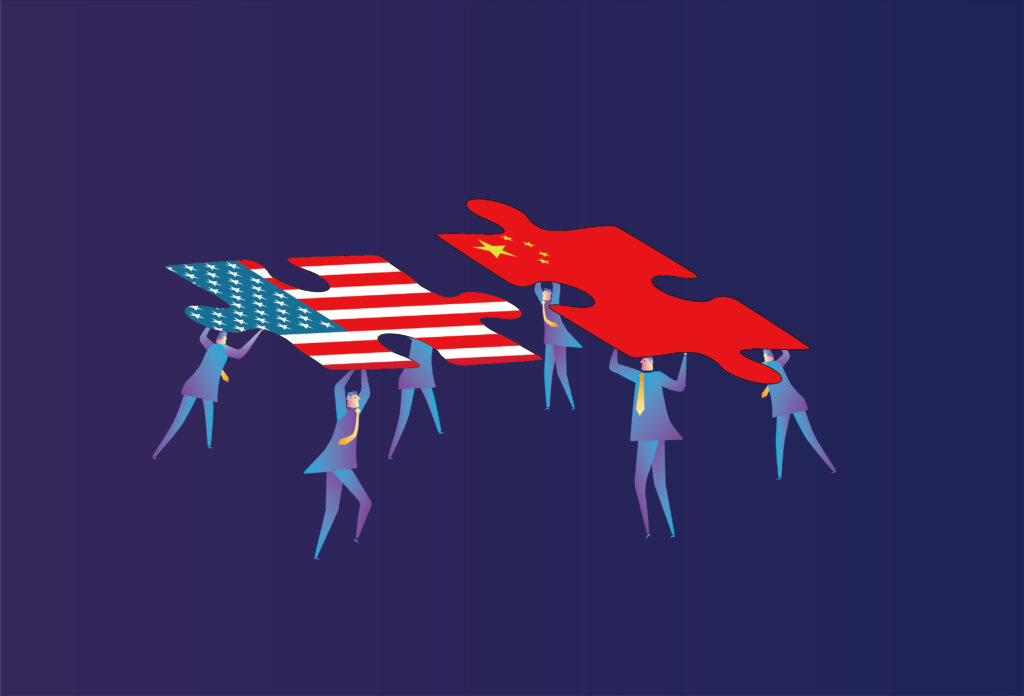Not since Richard Nixon’s 24-hour state visit 50 years ago has a U.S. President spent as little time on Indian soil as Donald Trump did.During that first term in office, Nixon had proceeded to throw the international monetary order under the bus — tearing down the gold-dollar link that had sustained the Bretton Woods system. With equal alacrity, Mr. Trump has gone about gutting the international trading order with his beggar-thy-neighbour mercantilism and flagrant disregard for multilateral trade law. Given India’s post-1990 globalising reforms and the imperative for an enabling and development-friendly external environment, the country will find it hard to escape unscathed.The government has already, fleetingly, been burnt by Mr. Trump’s slash-and-burn unilateralism. In March 2018, ‘national security’ tariffs of 25% and 10% were imposed on $1.01 billion worth of Indian steel and aluminium exports, respectively.
‘National security’ claim
This use of Section 232(b)-based ‘national security’ authority was clearly at odds with WTO/GATT law, which requires that such action be “taken in time of war or other emergency in international relations” and should touch upon the member state’s “essential security interests.” The tariffs were followed by New Delhi’s eviction from the Generalized System of Preferences (GSP) programme in June 2019 — in turn, affecting an additional $5.7 billion of exports.
In December 2019, Mr. Trump took his wrecking ball to Geneva, incapacitating the World Trade Organization’s (WTO) dispute settlement function. As a result, a successful Indian challenge against the U.S.’s imposition of countervailing duties against Indian steel exports, which was pending a final compliance panel appeal, has now been kicked into the long grass. With the U.S. Commerce Department recently publishing a new — and wildly WTO non-complaint — regulation that treats an undervalued currency as a countervailable subsidy, more such arbitrarily arrogated duties on Indian primary goods exports can be expected.
On February 10, at the same time as the White House was announcing Mr. Trump’s visit, the U.S. Trade Representative (USTR) was stripping India of its ‘developing country’ classification for ‘special and differentiated treatment’ purposes. A U.S.-European Union-Japan led effort is currently under way to introduce stark new industrial subsidies and technology transfer disciplines that will inevitably crimp India’s development policy space — even as the trio luxuriate in multi-billion-dollar trade distorting agricultural subsidies.
More punitive action
“We can have a trade deal with India, but I’m saving the big deal for later on … we’re not treated well by India, but I happen to like Prime Minister Modi a lot.” Similar words were uttered by Mr. Trump prior to his Section 301 exaction on China. It matters not to Washington that these unilateral 301 duties violate the very first two articles of WTO/GATT law. With WTO dispute settlement having been disembowelled, should Mr. Trump get re-elected, the Narendra Modi government could well be staring at punitive Section 301 action. It has escaped the Section 301 dragnet during Mr. Trump’s first term — despite the USTR’s inclinations, owing to the agency’s lack of time and bandwidth. The government may not be as fortunate next time. It must brace for its consequences and craft next moves wisely.In addition to winnowing the bilateral trade deficit, Commerce Ministry mandarins would be well-advised to thumb through the intellectual property, technology transfer, financial services and agricultural biotechnology product approvals-related chapters of the U.S.-China Phase One agreement.






The U.S. Auto Industry Has Not Lost Yet—But It Must Compete Smarter